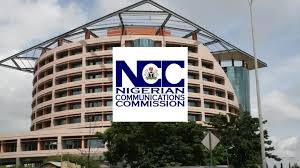In a major step toward bridging the digital divide, the Nigerian Communications Commission (NCC) has proposed a policy framework to support the licensing and operation of community networks in rural and underserved areas of Nigeria.
The initiative was unveiled during a two-day stakeholder workshop in Abuja, hosted in collaboration with the Association for Progressive Communications (APC) and other partners. The forum brought together regulators, community leaders, technical experts, and potential foreign investors to address regulatory barriers and advance digital inclusion.
According to the Executive Vice Chairman of the NCC, Dr. Aminu Maida, the Commission is committed to inclusive socio-economic development by enabling community-driven broadband infrastructure in areas typically neglected by mainstream providers.
“The workshop is an opportunity to harness the expertise and experiences of diverse stakeholders — from community leaders to foreign providers — in tackling issues such as device affordability, access, licensing, spectrum allocation, infrastructure, sustainability, and monitoring,” Maida said.
Participants also explored innovative financing models and sustainable energy solutions to power community networks and ensure their long-term viability.
The proposed policy is expected to pave the way for locally managed connectivity projects that can accelerate education, healthcare, and economic opportunities in remote parts of Nigeria.















